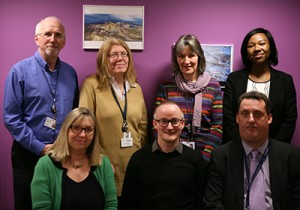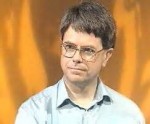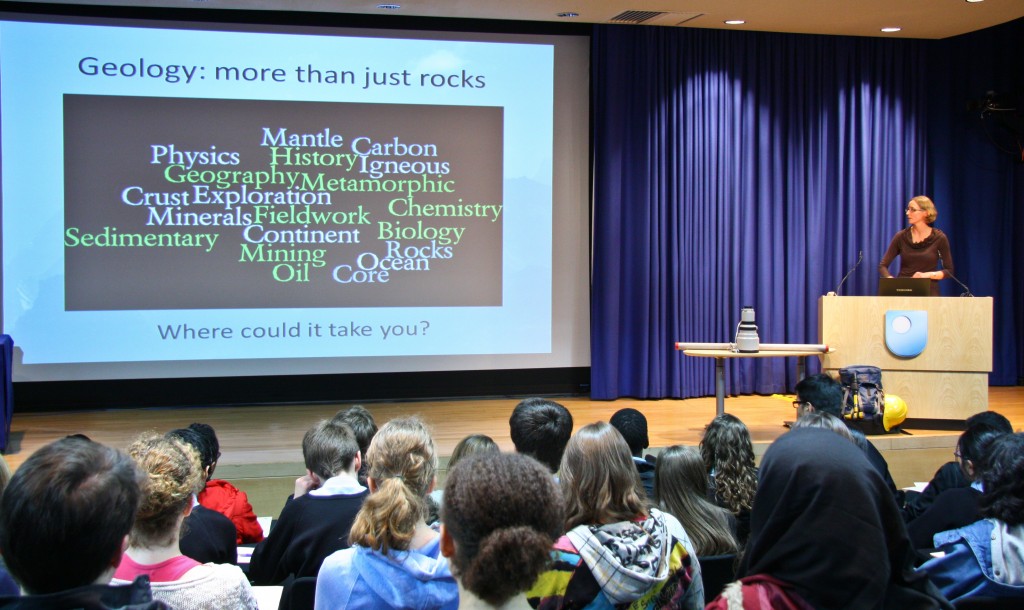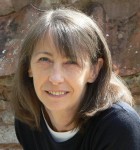Funded by RCUK, the Engaging Opportunities project is built around an existing partnership between The Open University and the Denbigh Teaching School Alliance.
We are working with Open University researchers, local school teachers and school-age students from Key Stages 3, 4 and 5 to plan, deliver and assess opportunities for engagement, drawing on a flexible and adaptable framework involving four types of activities: Open Lectures; Open Dialogues, Open Inquiry; and Open Creativity.
In the following spotlight interview Lucian Hudson (Director of Communications, The Open University) interviews Professor Richard Holliman and Dr Gareth Davies (both from the Faculty of Science at the Open University) about the Engaging Opportunities Project.
One of our overarching aims is to improve the recognition of excellence school-university engagement. This requires robust assessments of quality.
Evaluation research will assess success against the project’s objectives: inspiring young people to consider a range of careers in research and raise ambition to succeed in these ends; raising awareness of different types of academic research; developing skills and competencies that empower citizenship and facilitate media literacy; generating awareness of the nature and challenges of contemporary research; and introducing discussion about the social, economic and ethical impacts of research.
Facilitating lifelong engagement with research
The project is embedding a culture at The Open University where schools-university engagement is strategically planned, effectively delivered, and systematically assessed. Young people who wish to make the transition from school to university will be more effectively supported, whilst those engaging will develop skills and competencies that will empower them to participate in debates and deliberations about the social, economic and ethical impacts of research.
Resources
Open Lectures: Giving public lectures about research
By Robert Lambourne
Despite the many advances in information and communications technology, I would argue that there are still few, if any, ways of learning informally (and formally for that matter) about science that are as effective, stimulating or memorable as a really good public lecture.
This article is unlikely turn anyone into a great lecturer, but it will provide practical advice, based on personal experience gained from giving public science lectures about physics and astronomy, and from watching others give public lectures over many years. To read on, select: Giving public lectures about research.
Alternatively, you could have a look at a Case Study that we produced for the National Coordinating Centre for Public Engagement, called Science Matters Lecture Programme.
Open Dialogues: How to organise a research café
By Ann Grand and Ellie Dommett
A research café (café scientifique, ‘science café’, ‘café sci’, ‘science lounge’ – call it what you will) is an event, where, for the price of a drink and a biscuit, anyone can come to explore and engage with some of the latest ideas and issues related to academic research.
Research cafés are ideal for a school environment, connecting pupils in meaningful ways with issues that they care about, discussed directly on their terms with academic researchers.
They can be organised during lessons, over lunch or after school, e.g. through a school club. Audience numbers range from ten to 30, an ideal class size. Teachers don’t have to be scientists or ‘badged-up’ experts – all they need is an enquiring and open mind, a group of enthusiastic students, and a desire to engage with the topic under discussion.
To find out more about running a research café, select: How to organise a research café.
Alternatively, you could watch the following video.
Open Creativity: Participatory design with young people
This case study was created by Trevor Collins, Peter Devine and Richard Holliman (The Open University) and Mark Russell (Denbigh School Teacher), with Lucy Turner, Daniel Roberts, Tiegan Stratford, Emily Banks, Cerys Griffiths, Olusola Ojo (Denbigh School Pupils).
This case study describes how a participatory design approach was applied to explore perceptions of school-university partnerships held by young people and university researchers, and to develop information resources for schools and researchers that communicate the values underpinning the initiative.
A series of five school sessions and one university session were completed over the course of the year. The school sessions lasted between twenty and forty minutes each and were held during lunchtime. Six pupils ranging from 11 to 15 years of age, one teacher and three university staff were involved. The university session lasted around thirty minutes, involved 12 university researchers and was completed during a morning coffee break. From these sessions the pupils produced a design for a wristband that represents students’ involvement in SUPI activities.
![The Design Team, featuring Denbigh School Students, l-r: Lucy Turner, Daniel Roberts, Tiegan Stratford, Emily Banks, Cerys Griffiths, Olusola Ojo. Photo: Mark Russell]](https://www.open.ac.uk/blogs/per/wp-content/uploads/2015/09/Denbigh_Design_Team2-1024x680.jpg)
The Design Team, featuring Denbigh School Students, l-r: Lucy Turner, Daniel Roberts, Tiegan Stratford, Emily Banks, Cerys Griffiths, Olusola Ojo. Photo: Mark Russell
To find out more about our approach to participatory design, select: Participatory design with young people.
The Engaging Opportunities Project is based in eSTEeM, a cross-faculty Research Centre that is co-Directed by Professor Nick Braithwaite.







Pingback: Planning for a principled approach to engaged research by Prof. Richard Holliman, The Open University – The Digitally Agile Researcher